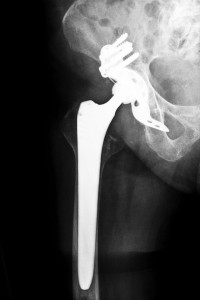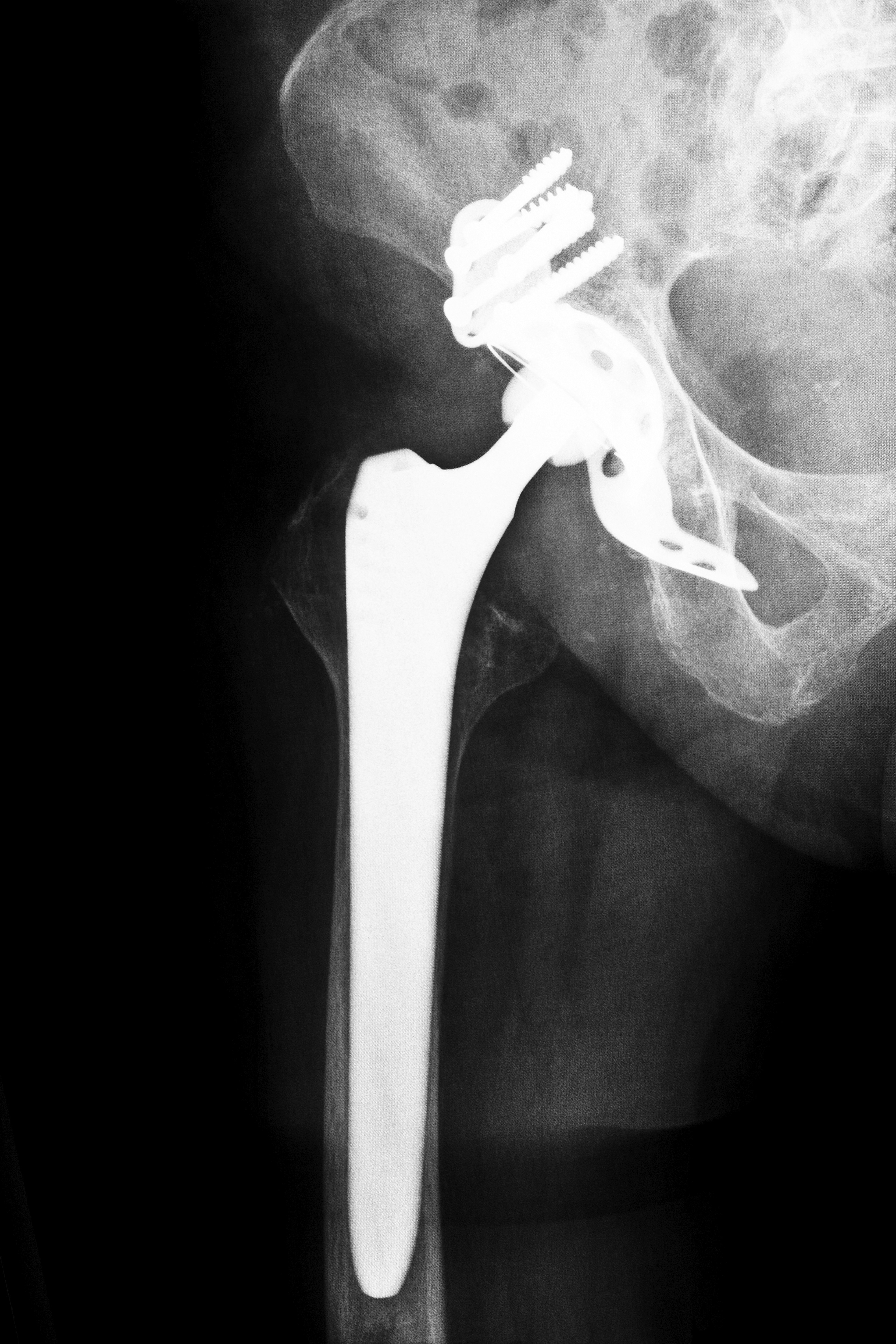Lawsuits and Layoffs for Biomet
Citing economic challenges, including a drop in medical device prices, Biomet announced it was closing its manufacturing facility located in LeLocle, Switzerland. The facility, which has 230 employees, will close its doors sometime within the next year. The company plans on relocating as many employees as possible and will shift the operations of the Swiss facility to its other facilities located around the world. In its announcement, Biomet noted that the closure and consolidation of operations will result in global cost-efficiency improvements in its manufacturing process.
Adding to its financial troubles, Biomet is also the defendant in a multi-district federal mass litigation arising out of the design of the Biomet M2a hip replacement system. This lawsuit includes litigation commenced by Arkansas Biomet hip replacement lawyers. The litigation currently involves approximately 500 plaintiffs claiming injury as a result of the Biomet M2a hip.
About the Hip Replacement Itself

Hip replacement procedures are recommended for patients with considerable pain resulting from age-related or rheumatoid arthritis, traumatic injury, or hip disease. In a total hip replacement surgery, the damaged joint is removed and replaced with a prosthetic joint. These prosthetic joints are made from a variety of materials, including plastic, metal and ceramic. Many products use a combination of these materials. The Biomet M2a uses a metal on metal design.
The Arkansas Biomet hip replacement lawyers believe that this metal on metal design is to blame for many of the issues faced by recipients of the Biomet M2a hip. If you are experiencing any discomfort and are the recipient of a Biomet M2a hip, a consultation with the Arkansas Biomet hip replacement lawyers may be in order. The Biomet’s metal on metal design causes friction which results in the shedding of metal shavings which become embedded in the surrounding bones and tissue. Clients of the Arkansas Biomet hip replacement lawyers have experienced metallosis, which is a metal toxicity that leads to tissue damage and bone loss. Other symptoms you may experience if you have the Biomet M2a hip prosthetic is dislocation, loosening or failure of the joint, severe hip joint pain, difficulty walking, bone fractures, swelling, rash caused by dying tissue, and damage to nerves, muscle and tissue.
FDA Findings
The United States Food and Drug Administration’s findings are in agreement with the position held by the Arkansas Biomet hip replacement lawyers. In January of 2013, the FDA warned of the increased risk presented by metal on metal hip prosthetics. The FDA advised that if you were the recipient of a metal on metal hip prosthetic and you were experiencing any pain or complications, that you should undergo metal ion testing. As early as 2001, the FDA raised a red flag on metal on metal hip replacement designs.
What has been frustrating to Biomet’s victims as well as the Arkansas Biomet hip replacement lawyers is that, in spite of the FDA warnings, Biomet continued to market its product as safe and effective. The Arkansas Biomet hip replacement lawyers have not found any indication that Biomet ever disclosed the FDA findings or patient complaints to patients or physicians. The Arkansas Biomet hip replacement lawyers also know that the five-year failure rate for Biomet’s design is significantly higher than the failure rate for plastic and ceramic designs.
Arkansas Biomet Hip Replacement Lawyers
Hip replacement surgery is a serious procedure with a long and difficult recovery. The end result should be years of increased comfort and mobility. If you are experiencing unexpected pain or other symptoms of metallosis, it may be a result of a defective implant. A free consultation with Arkansas Biomet hip replacement lawyers can determine if your pain is the result of a defective implant and if you can receive financial compensation for your pain and suffering. Contact our affiliated Arkansas Biomet hip replacement lawyers today.






